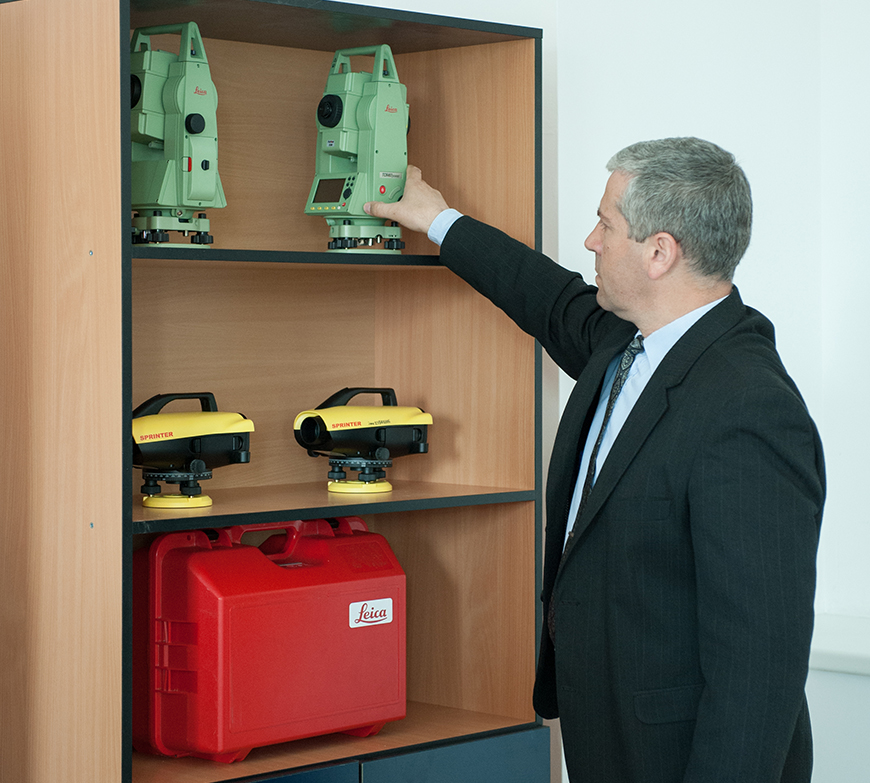Research fields
The main activity area in the research field of Logging and forest operations systems are as follows:
- logging systems engineering, which studies the analysis, engineering, and design of logging operations;
- logging operations management, with emphasis on the economic side of these activities;
- logging ergonomics, which analyses human performance, as well as the human-machine/human-tool interaction during logging operations;
- work safety and legislative aspects in forestry, a subfield which focuses on cost and time studies, work safety, social and legislative aspects related to logging operations;
- ecological aspects corresponding to logging operations, which relate to the ecological impact of these activities.
The main activity areas in the field of research Transportation infrastructure in forest operations are:
- forest road engineering, which includes forest road design, as well as forest road construction, maintenance, and restoration;
- forest transportation engineering, which analyses the development of the forest road network, as well as the various forest transportation systems.
The third field of research (Wood and non-wood forest services and products) includes the following main areas:
- forest ecosystem services, which analyse the main forest services and systems;
- wood sorting and measurement, a subfield which studies the various methods for sorting and measuring wood;
- biomass and biofuel production by short rotation energy crops;
- the superior capitalization of non-wood forest products (berries, mushrooms, and medicinal plants), as well as rare and valuable forest resources (resonance wood).
The main areas in the research field a of Tree and stand dynamics and management:
- Forest management and inventory, a subfield which investigates the various forest management systems, as well as the analysis and planning of those systems;
- tree dendrochronology and growth, a subfield which includes such research areas as tree and stand reaction to climate change and to the various silvicultural systems, as well as the study of tree and stand dynamics and history;
- the analysis, modelling, and engineering of forest ecosystems, which study tree and stand growth, dynamics, and resilience;
- forest health and stability assessment.
Geodesy, geomatics, and remote sensing is a different field of research which includes the following areas:
- remote sensing in detecting environmental changes, a branch that studies environmental assessment and monitoring, as well as various vegetation indices;
- the assessment of land changes and their variations using satellite images;
- forest fire detection, assessment, and monitoring, using satellite data;
- afforestation and deforestation assessment and monitoring;
- applications of GIS and GPS in forestry.
Another field of research specific to our research centre is Forest hydrology and watershed management, which covers:
- Forest hydrology, which studies the assessment of forest hydrology dynamics;
- forest watershed management, which studies the engineering and implementation of protection/prevention systems within torrent correction in torrent hydrographic basins.



